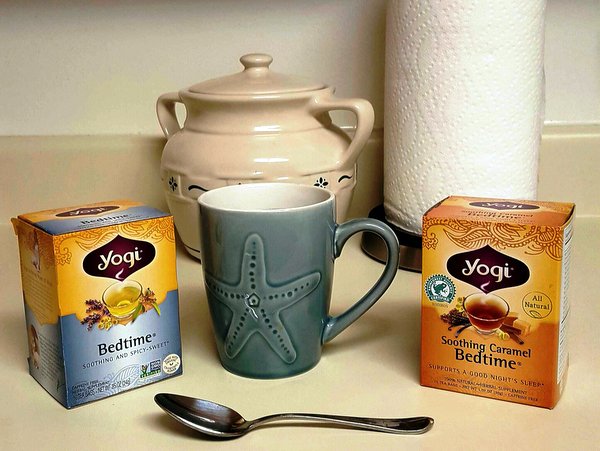
Want to lose fat and gain muscle? Want to improve your cognitive ability and decrease reaction time? Want to increase your ability to heal from illness and injury? Want to do it without taking expensive supplements or complicated diets? Sure, everyone does! Then let me tell you a little secret: Sleep is one of the key factors in losing fat, gaining muscle, staying sharper, and living longer.
We live in an environment where sleep is the enemy and something that is actively avoided and delayed. Is there a cost to this habit? There sure is, and it’s a high one at that! From the increase in chronic illnesses (heart disease, cancer, diabetes, obesity, etc.) to deaths due to sleep deprivation, we are paying a high price.
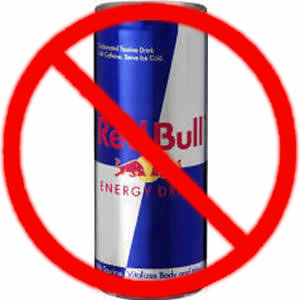 “Red Bull Nation”
“Red Bull Nation”
Man is the only mammal that willingly delays sleep and goes to extremes to avoid it. The increase in the consumption of coffee and energy drinks (the fastest growing market segment for soft drinks) should be some indication that people are either avoiding sleep or are trying to cope with the aftermath of not getting enough of it.
If you are an athlete you may have your nutrition and exercise dialed in, but if you don’t get the commensurate recovery (i.e. sleep) it is all for naught. In no uncertain terms, sleep is just as important as diet and exercise. Consider this: your body does not make changes or adaptations during a workout; your body only makes organic changes during sleep. Repair of damaged cells, the regeneration of DNA, the release and regulation of critical hormones are all reliant upon one thing–sleep.
Too Little Too Late
In general, most healthy adults need between seven to nine hours of sleep a night; but if you are regularly training hard, your requirements might be higher. Professional athletes like Roger Federer, Lebron James, Lindsey Vohn and Michelle Wie, regularly get between nine and twelve (yes, twelve!) hours of sleep! There are many factors that contribute to the amount of sleep you will need: environment, diet, medications, stress, etc. The trick is finding the right amount of sleep you need and getting it on a consistent basis. Regardless if it is seven or ten hours, you need every minute of it to meet your potential!
The Benefits of Sleep
Testosterone and growth hormone levels, as well as other key hormones, elevate during sleep. This is part of the body’s physical and mental repair system. These hormones assist in recovery as well as strength and fitness gains. These hormones start to release after being asleep for about 30 minutes. These hormone levels elevate every time you go thru a certain phase of your sleep cycle. The longer you sleep, the more cycles you go thru, and the more of these recovery promoting hormones will be pumping through your body.
Setting the Stage for a Perfect Night’s Sleep
Hopefully it won’t take a lot of convincing to get you to devote a little more effort to getting more and better quality, sleep. So, what do you need to do to get a good night’s sleep? You really need to make the effort to “set the stage” to stack the odds in your favor. The following are some things you can do to give you the best chance at getting a restful and productive (yes productive) night’s sleep:
- Go to bed and get up at the same time every day – …Even if you are on the road or in a different time zone. You should try to follow this, within reason, so that you don’t disrupt your set sleep cycle. My instructor, Guro Dan Inosanto, travels somewhere every weekend teaching workshops. He gets up at the same time every day, around 4:00AM PST, so that even when he is on the East Coast he will be getting up in time to be at a workshop that usually starts at 10:00AM. While he should be suffering from horrible sleep deprivation because of his teaching, training, and traveling schedule, he is still going strong at 78 years old.
- Use “sleep aids” sparingly if at all – Some studies show promise for the use of melatonin in shortening the time it takes to fall asleep and reducing the number of awakenings, but not necessarily total sleep time. Other studies show no benefit at all with melatonin supplementation. If you are traveling or trying to recover your natural sleep cycle, then a dose of a melatonin supplement might be just what you need to get you back on track… but it might not be beneficial to take it every night. How important is melatonin? Extremely! Melatonin holds the key to not only sleep but also cellular and DNA regeneration, the release of growth hormones, and is a natural anti-inflammatory. Do you really think that missing sleep isn’t important now?
- Sleep in a dark room – Block out all of the light sources in the room… and that includes ambient light from clocks, night lights, phone chargers, etc. “Black out” curtains are another option if you live in an urban environment and have a lot of “light pollution” from the outside invading your sleep space. Can’t block out all of the light in the room? Then get yourself a high quality sleep mask that will block out all light.
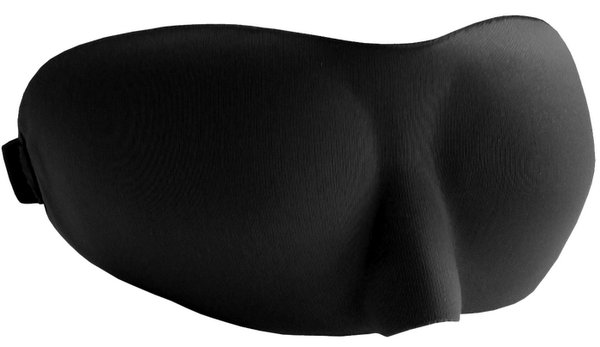
- Eliminate sources of noise – One of the best investments I’ve made in the past few years was replacing the windows in my bedroom. The old ones allowed as much noise into the bedroom when they were closed as when they were open! Try to make your sleep space as quiet as possible, but a little noise might be a good thing. White noise from a fan or even a white noise machine (or an app on your phone) can help you drop into sleep faster. Another alternative is getting ear plugs. There are a number of different configurations on the market, from wax to foam, and you’ll need to find ones that are the most comfortable for your ear configuration and which block an acceptable amount of noise.
- Cool is better than warm – Keep your bedroom as cool as possible (somewhere between 65-72 degrees is optimal). Even if you are sleeping under several blankets, you need to have the ambient air as cool as possible. This will help you fall into a deeper sleep and fall to sleep much faster.
- Ice, ice baby – If you are up to something a little more extreme, try taking a ten minute ice bath one hour before bedtime. After your body has returned to normal temperature from an ice bath, the aftereffects of the cold will help you drop into a deep slumber. Another use for ice is to go bed with an ice pack, “ice cape”, or blanket. I was told by several people that an ice pack, ice blanket, or cape across your shoulders will reduce the time it takes to fall to sleep. Tim Ferris mentions this in The Four Hour Body and I’ve heard it from athletes as well.
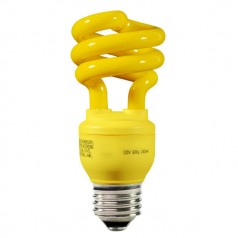 Establish a sleep ritual – Create a routine that allows you to relax and transition into sleep mode. Turn off the television, phone and iPad–get away from all electronics. Read a book, listen to relaxing music, or do something that is not too stimulating. Remove any blue light generating items from your environment prior to sleep. Dr. Chris Hardy, author of Strong Medicine, recommends wearing “blue blocker” sunglasses in the evening as well as switching the lights in the bedroom over to “bug lights” or any type of light bulb that doesn’t generate blue light.
Establish a sleep ritual – Create a routine that allows you to relax and transition into sleep mode. Turn off the television, phone and iPad–get away from all electronics. Read a book, listen to relaxing music, or do something that is not too stimulating. Remove any blue light generating items from your environment prior to sleep. Dr. Chris Hardy, author of Strong Medicine, recommends wearing “blue blocker” sunglasses in the evening as well as switching the lights in the bedroom over to “bug lights” or any type of light bulb that doesn’t generate blue light.- Just say no to drugs – Regular use of prescription sleep medications can lead to long term problems. I have talked to a number of doctors about if and when they prescribe sleep medications, and they all do so with great hesitation. Instead of prescription medication, you can always try natural sleep aids–at least they don’t come with several pages of warning and possibly fatal side effects. NOTE: Tim Ferris recommends Yogi Soothing Caramel Bedtime Tea and there are other brands that seem to work as well. I have had several people recommend aromatic oils as well.
- Don’t go to the (blue) light! – Light is the most powerful stimulator of the circadian system and can have positive or negative effects. Broad spectrum light stops the production of melatonin and pushes us into a waking state. This spectrum of light, in particular blue light, has the most impact on our circadian clock. So how much blue light do you get? If you have incandescent lights going, are watching television or using your computer or phone, you are bathing in the stuff.
- Sunglasses at night? – How can you minimize blue light in the evening so that you can make a smoother transition into sleep? There are two easy ways that are not only inexpensive but effective. First, eliminate your exposure to blue light 2-3 hours before your bedtime by turning off the television, phone, and computer, and by installing lights in your evening living space that have a low blue light emission. Low blue light bulbs are those that have a yellow or orange color to them and are have a low CCT (Correlated Color Temperature). Inexpensive “bug lights” work well but there are other low cost alternatives on the market that you can find with a little research. The second way is to wear “blue blocker” glasses. Yeah, I know the old “sunglasses at night-thing” sounds a little weird but they work.
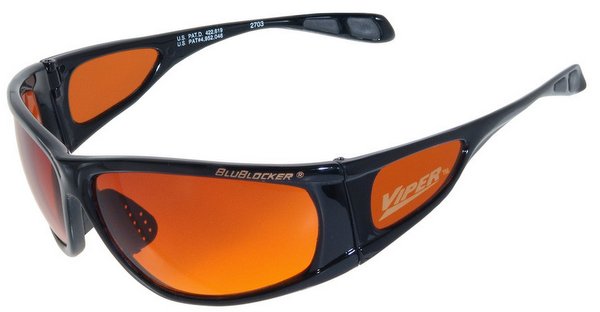
Sleep Like a Baby
There you go! Ten tips that will have you sleeping like a baby in no time at all. Try one or several to see if they work for you. I would recommend first setting up your sleeping space to be optimal, and working from there. If you have any tips or thoughts on how to get to sleep faster and easier I’d love to hear about them in the comments section below.
Until we meet again, Sleep Well!
***
Michael Krivka is a Senior RKC with Dragon Door and has been training with, teaching, and sharing the gospel of the kettlebell for over a decade. As a life-long martial artist, he is a Full Instructor under Guro Dan Inosanto in Jeet Kune Do (JKD); the Filipino Martial Arts of Kali, Escrima and Arnis; and Maphilindo Silat. He lives in Gaithersburg, Maryland with his wife and two sons. He owns CrossFit Koncepts where he runs strength and conditioning classes with an emphasis on kettlebell training, mobility and longevity. Follow him on Facebook.com/CrossFitKoncepts or Instagram.com/Michael_Krivka